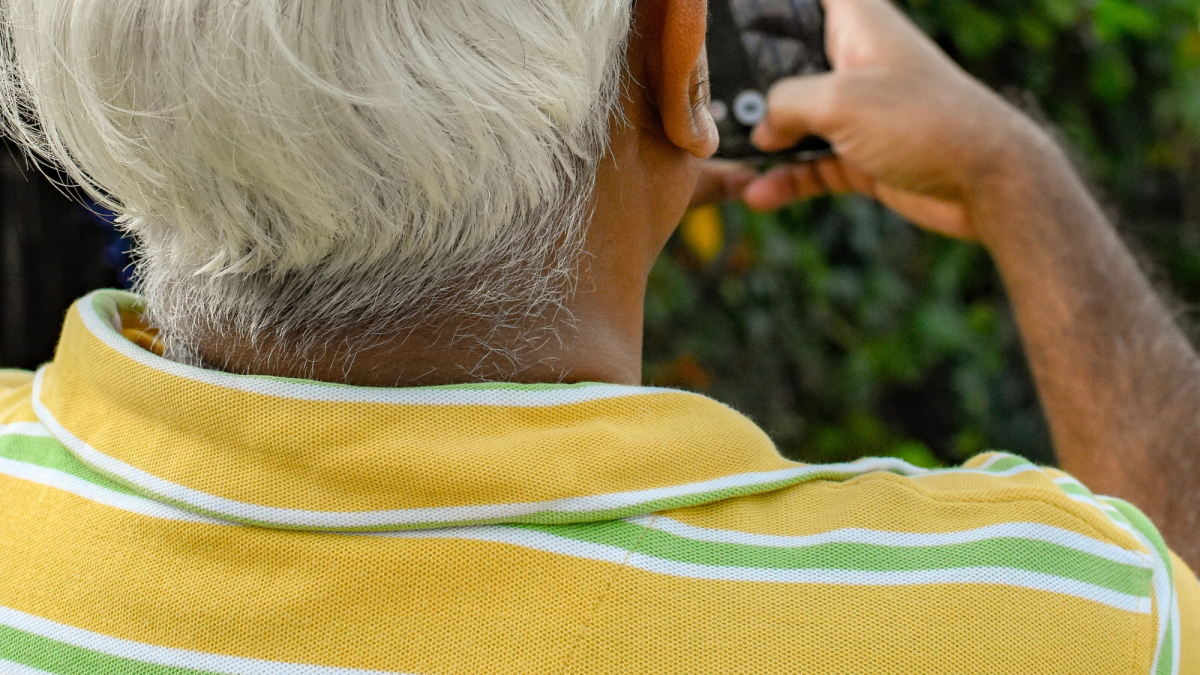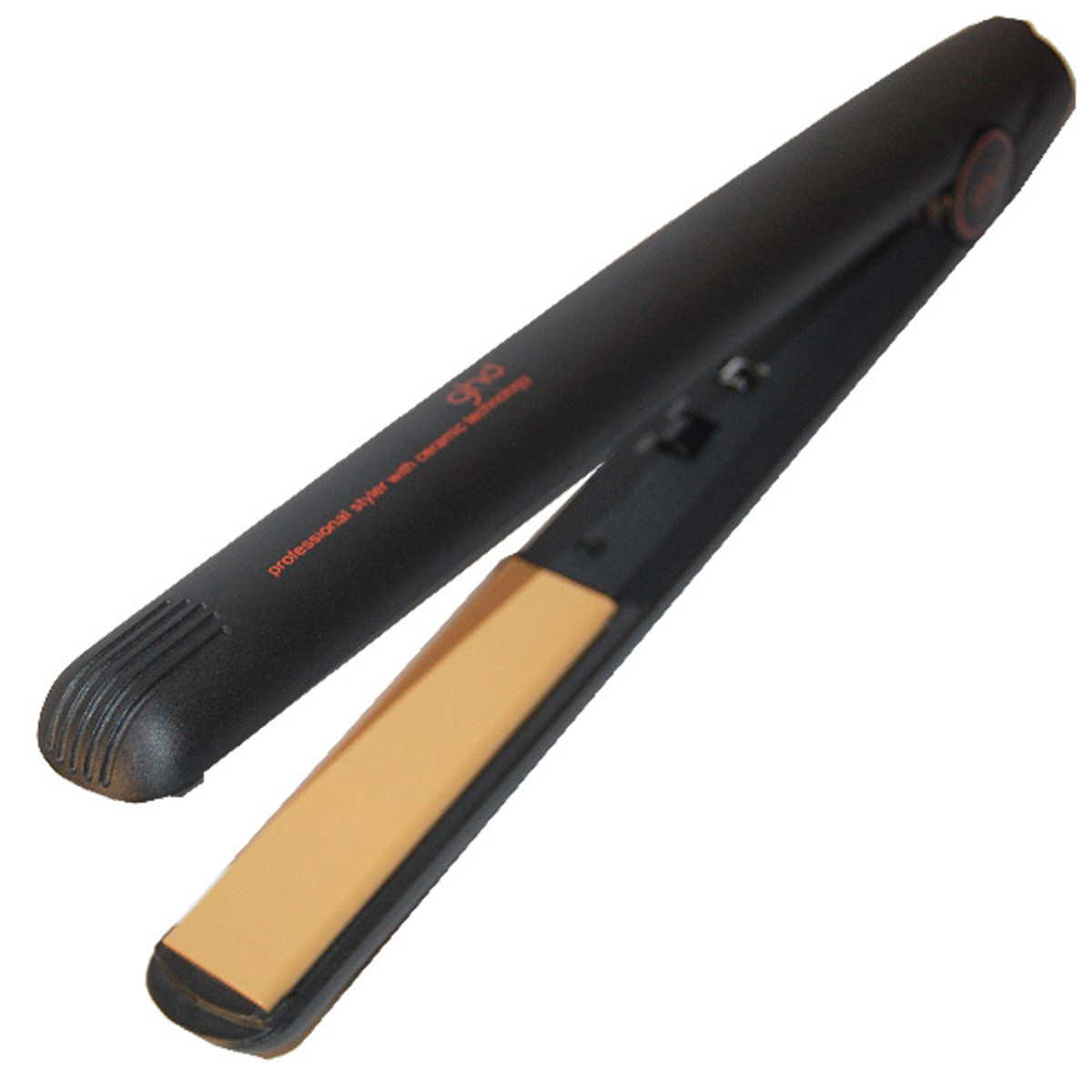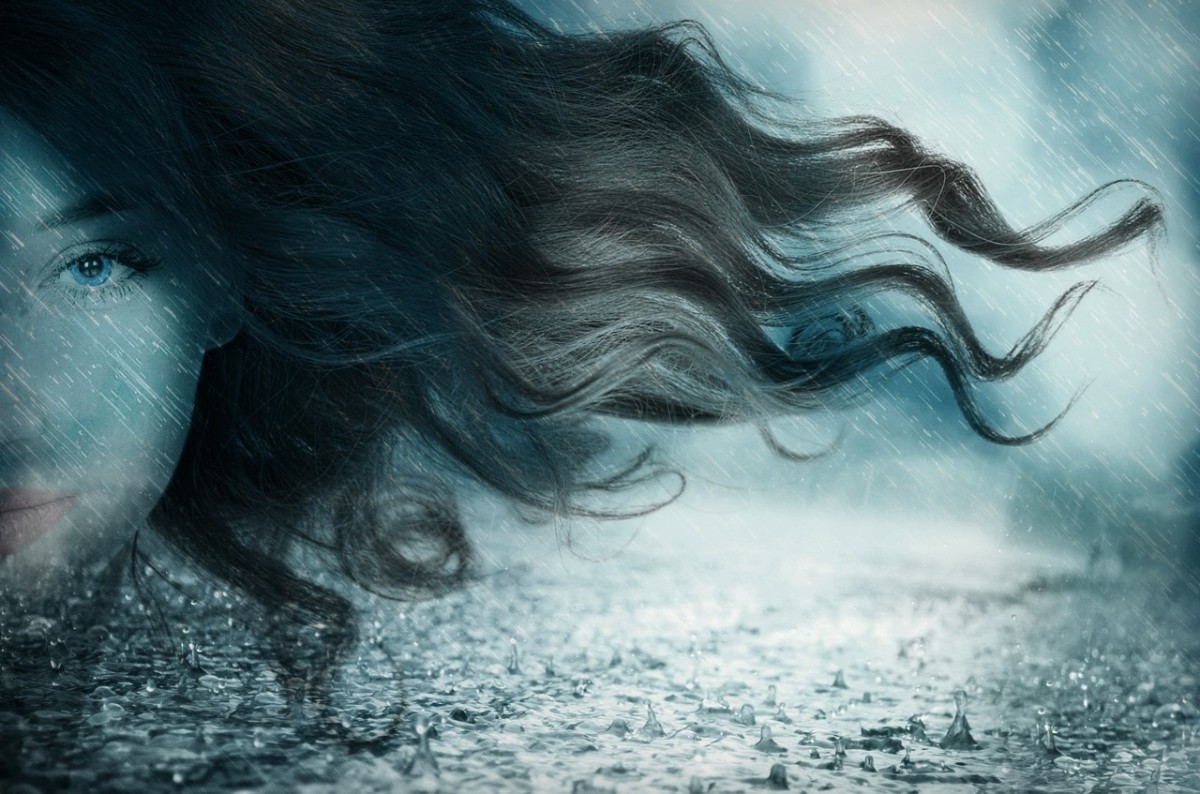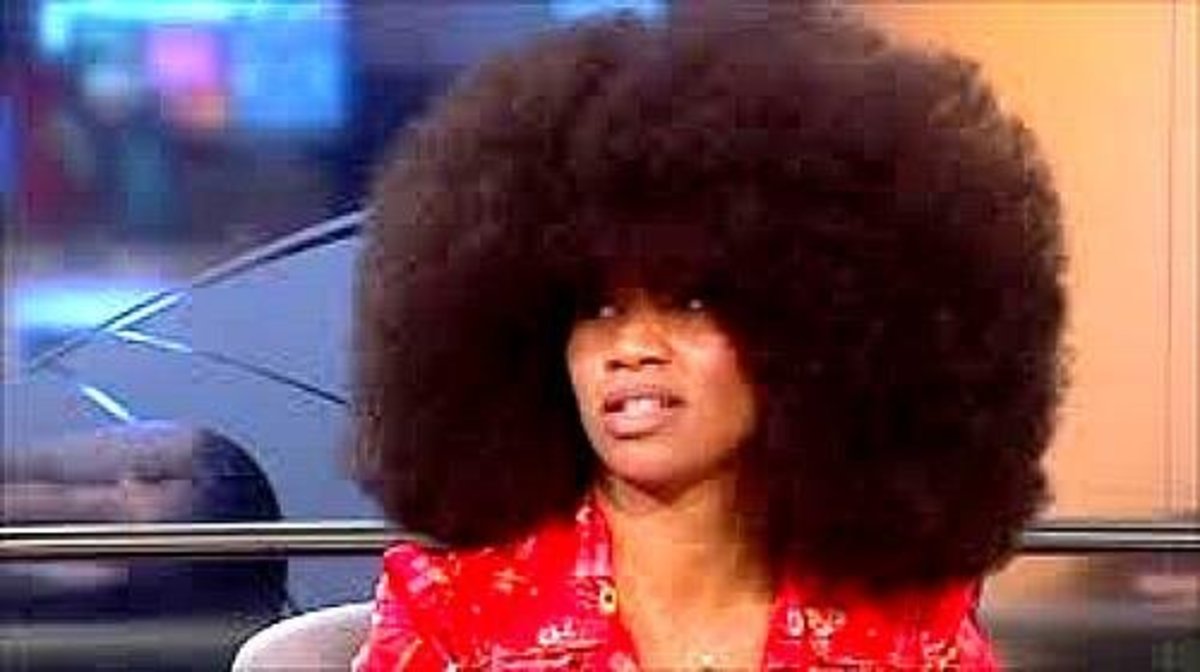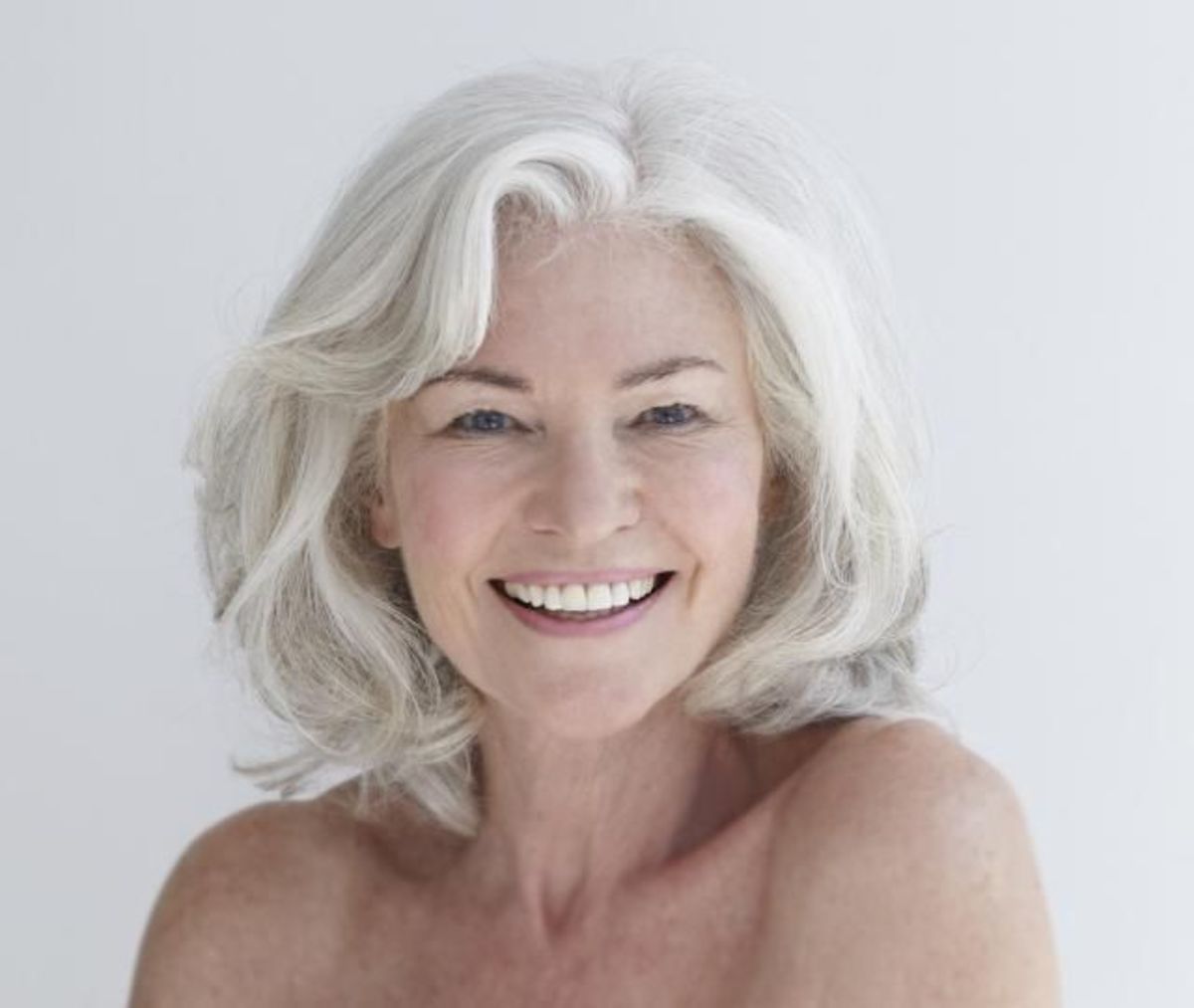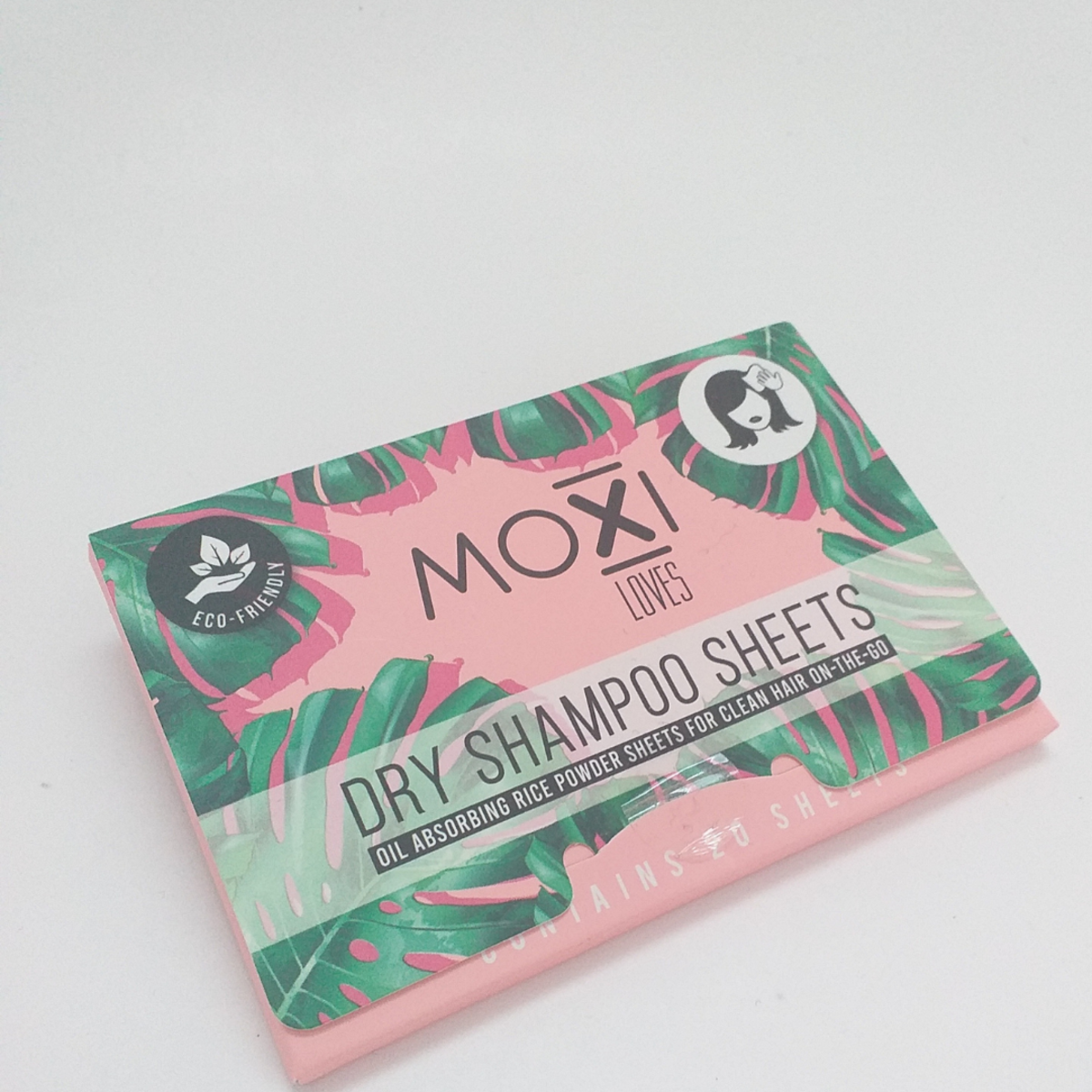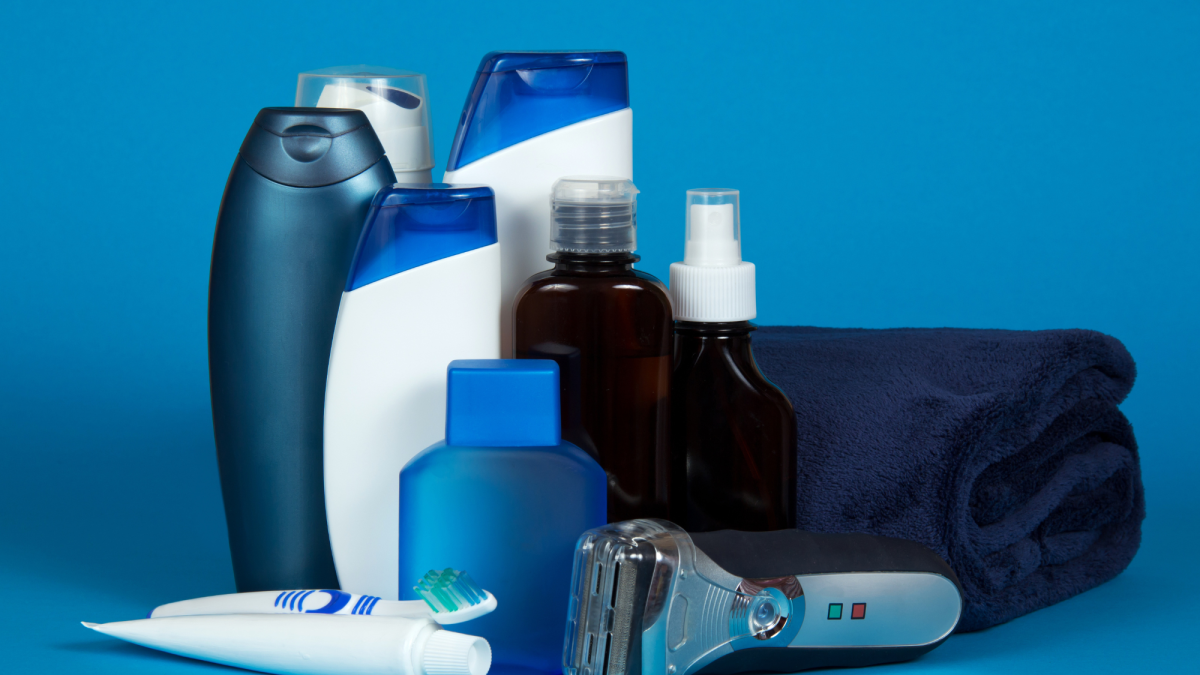Natural or Knot? Things Every Black Girl Should Know About Her Hair
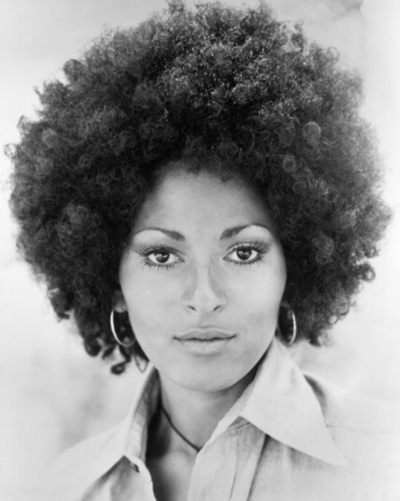
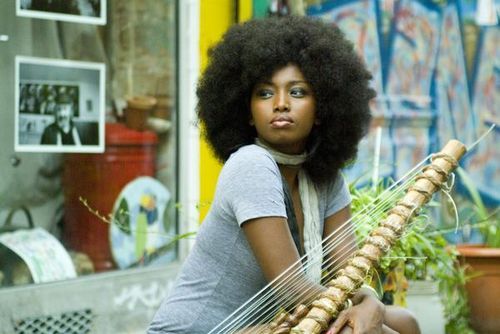
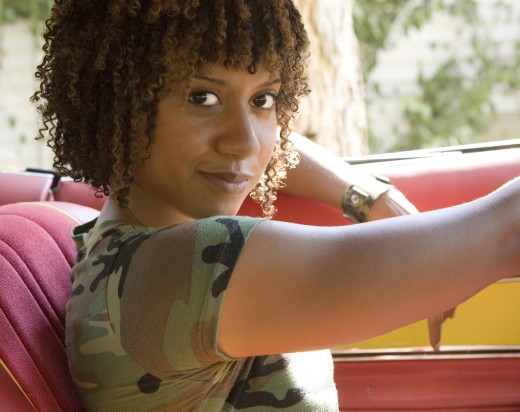
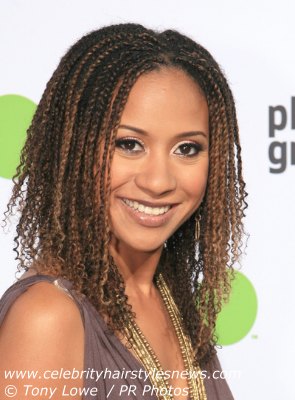
Growing up, I dreaded Sunday mornings. Not because I had to wake up early, but it was because of the task I was going to have to endure. Every Sunday morning I had to get my hair straightened. It was routine, a ritual as a young black girl to be seated in the kitchen in the '80s being as still as possible so that my mother wouldn't burn with the hot comb as she straightened by hair. She was as careful as anyone could be after heating up an iron comb on the front burner then putting it to my well greased hair. Her hand was always strategically placed alongside my scalp but with melting grease and the searing heat of the apparatus making even her fingers hot to the touch, feeling pain every now and again was inevitable. Time seemed to drag on and what took probably less than half an hour felt like I'd been sitting there all day squinting and flinching and feeling nervous. You can't imagine the relief I felt after she was done unless you went through it yourself. There were times that I whined, balked and even downright cried to not have to go through with it and she would just relent and let me have my way, but not before telling me how embarrassing it was that I would be out and about without my hair down. Even if she braided it down, it still wasn't technically "done", not straightened, not in any real style, and eventually I had to go through the process all over again sometime later.
Years later, I saw how my sister and cousins got their hair straightened. Chemically. It's not that I was dying to have bone straight hair, I just wanted to be like them. And if not getting my hair straightened with a hot comb was the trade off then that simply sweetened the deal. What I didn't realize was that I was trading one source of torture for an even worse one. They warned me not to scratch my scalp and try not to even rub it before they applied the relaxer and I suppose I did try, but once someone tells you not to do something, that's the main time you pay so much attention to it that it beckons for you to do it. And I did scratch, maybe once or twice, but I tried my hardest not to. Later that day I found out why I was given the instructions once I had the displeasure of becoming what felt like a lab rat. There I was with white goop on my hair and scalp only within minutes before it started to burn, but there was no turning back. I had to sit there with this acid on me that seemed to be searing the skin off my head and ears away, but in the end it had to be worth it. Beauty is pain, every girl is taught that from as young as she can remember. Anything that had the abilitiy to make us beautiful had to hurt somehow whether it was heels that pinched and made the soles of your feet sore, clothes that were so tight it felt as if your blood circulation was being cut off, plucking your eyebrows, waxing your legs, or getting your hair done, it was all worth it in the end. Thinking of how beautiful I was going to be, how this was going to be a sort of acceptance, made it all a little easier. After the relaxer was washed out of my hair I didn't see that much of a difference in the appearance of my hair than after my mom straightened it with a straightening comb. Only with this, I didn't have to go through the ordeal of being seated in the kitchen on Sunday mornings, just go through having my scalp seared every six weeks. Wow, what a trade off.
Over the years of having my hair chemically relaxed/straightened, I noticed a huge difference in it's appearance--and not for the better. Not only was my hair thinning, but it had changed color. When your hair is chemically straightened it will automatically lighten for the majority of people whether you go out in the sun or not. It's breaking your hair down from the root, making it weaker and therefore thinner and more apt to being damaged, and that's just what my hair did. I constantly had split ends. If I went to a salon and got the frayed ends clipped, within 2-3 weeks I would need it again. It was a neverending cycle. Eventually, when i was 16 or 17 (I can't remember my exact age at the time) I cut off all my hair. I just couldn't take it anymore. Whether I did my hair at home or at the salon, the relaxer seemed to be doing irrevocable damage to my hair and I just wanted it all to end. It was hair, it would grow back, and I wanted the hair that I used to have before with its tight natural curls and all. However, I didn't realize how much hate I was about to endure from my own people, my family especially, because I opted to have my hair in its natural state.
I love the natural curl of my hair, I always have. Ever since I could remember I would lie on my back and stare at the ceiling and run my fingers along my scalp, fingering my hair at the root, dragging my hands down coiled strands of hair that were basically mini spirals that I could pull and they would snap right back as tight and beautiful as they wanted to be. Leave it up to me and I would wash my hair, moisturize it, let it air dry and rub some oil on my scalp and throughout my hair and go, but that wasn't the reality of the situation. No matter how much I loved my hair, being free with that love wasn't an option. Even though I went to all black schools all my life no girl would have been caught dead roaming the halls au natural when it came to their hair, they would actually rather walk the halls naked, I believed. Once again I succumbed to the torture of the hot comb, but only this time I was in control of it. I wouldn't take too much time or effort straightening it, making sure it was perfect; I would do just enough to put it into a ponytail. My hair was clean and tucked away (though very crimpy) and for a while I was happy this way. Until the hassle of it just got to be too much and again I went for the chemicals. This time I put the relaxer in myself. I'd learned a thing or two over the years and it was easy even though the directions on the box screamed of it's dangers. Once I rinsed the relaxer out this time I saw a difference in my hair than the last time. This time, since I hadn't been really straightening my hair and had learned more about products to keep breakage down while it was natural, when I put the chemicals in it my hair looked beautiful. Not only hadn't I noticed how long it had grown with no relaxer (mid back length), but it was silky and shiny. In other words, it was so lush I could've done a Pantene commercial that day. But lo and behold, things of that nature do not last. It wasn't long before the damage started to set in again. This time I'd learned more about my hair and I was trying my best to keep it up, not to mention I fit back into the mold of the other girls once again, but I was slowly losing the battle yet again. I went to salons and they helped for a while, but once again, there was so much damage taking place. I watched as my hair started thinning even more. It all seemed like such an uphill pointless battle.
When I was about 20 years old I cut all my hair off again.
This time I was determined to keep the relaxer out of my hair. I hated the process, I hated what it did to my hair, I knew of the long term damages, yet there was still a temptation to do it again. Why, do you ask? It's because keeping black hair in it's natural state for a woman is almost like staging a rebellion of some kind. When people see a woman who isn't chemically straightening her hair snap judgments are made about her. Some people will think that she's lazy, they will go so far as to ask her why doesn't she "fix" her hair, they don't even want to touch it. And I'm not talking about people of another race, I'm talking about her fellow black people.
I learned a lot during the years of not succumbing to society's standards of beauty that the majority are so willing to follow and will spend their last dime to be apart of. I learned of the self hatred that has been taught people of my own race. I knew of it, but now I understood it because I was living it. Our hair, the natural state of a black person's hair, by black people themselves isn't considered beautiful. They want anyone else's hair texture that isn't their's. I will admit that dealing with our hair after it's been straightened is easier to deal with on a daily basis if all you want to do is get up, comb your hair, curl it or flatiron it and go, and the fact that if you're black you don't have to wash your hair every day, maybe once a week at the most is an added bonus in the low maintenance department if your hair is chemically straightened, but there's more to it than that. But for a lot of people it's not even necessarily about the maintenance aspect as it was for me, it was and it is the fact that they simply don't like their hair. I guess liking or not liking something isn't really for anyone to judge, and people (esp women) rip through our physical appearance and are easy to nit pick and scope out what we don't like and if we have the money change it, but after all our struggles through the years, I would think that as black people we would at least appreciate our physical attributes that define us as African Americans. We should be proud of our hair, it's different than any other race of people's, yet when I asked one my cousins to help me dry it they frowned and looked disgusted and told me, "I would if you had a relaxer, but I'm not touching your hair!" Going into a hair salon was no better. Very little black hair stylists actually style natural black hair, at least in the area that I live. More than one looked at me as if I were an alien and said that they didn't didn't bother with natural hair because anything to be done with it took too much time, but you could also tell that it just wasn't something they wanted to do in the first place. It's sad to say that for a black person to keep the natural state of their hair is considered old fashioned. IT'S OUR HAIR! That's like telling someone that their nose is out of style, or their lips went out in the '70s, or their eyes need to be made up to date. It simply doesn't make sense.
It's also something else to go through in the world of professionals. Natural black hair isn't considered "professional". The saddest thing is, you won't find enough black people to protest this because most of them have been brainwashed into taking this as a fact that one grade of hair is better than the next so they succumb to this ideology that other people telling them that their hair is not good enogh without a doubt because that's what they've been taught their entire life. They might call a girl's hairstyle cute, but if that same girl were put into a position to either hire or reject an applicant, the black girl in position will probably take one look at the applicant's hair and have no problem with telling her she won't have the job without a second thought. It's sad, but it's true.
Chris Rock made a movie not long ago entitled "Good Hair" complete with interviews of different people about black hair and their views on it as well as an in depth look at the things the black community will go through and the effort they put in all for the sake of getting straight hair. He went to a warehouse where they actually manufacture relaxers and also paid a visit to a chemist; the chemicals they use to straighten hair in the black community is actually deadly. We've all known this, but actually hearing the words come out of someone's mouth and seeing the damage it can do brought it all back home. They went to India to see how the women are shaved bald, their hair sewed and packaged and sent to the United States. How does it make some people feel to know that they're wearing the hair off another person's head? I used to wonder when I was younger if the the packaged hair that read "100% Human Hair" were real and that question was answered. Does anyone else see that as sick? Sad? Weird even? That people pay hundreds, sometimes thousands of dollars to wear someone else's hair and they're not sick, they didn't lose their hair, they just don't like their hair so they'd rather wear hair that's "better" in their opinion. You will see little black girls now as young as 2 years old getting relaxers in their hair; their parents are damaging their hair follicles before they're even developed properly, but they're doing without a second thought. Those same little girls will tell you why she gets a relaxer and that it's because her real hair is "nappy".
Black children are taught at a young age what is acceptable and what is not, and "nappy" hair is most definitely one of the unacceptable things. "Good" hair is any hair that's straight, the kind of hair that you see on commercials for Garnier Fructis and Tresemme. The hairstyles to covet are made famous by celebrities that will go that extra mile to get the most expensive weaves put in so that the hair that they've bought looks no different than the hair a caucasian person is more than likely born with. Wigs and weaves have also crossed over so it's not longer just black girls that know how to put extensions in; white girls have been doing it for a while now. The difference is the way in which you perceive yourself when you have it. For people who aren't black, most of them just view extensions as an accessory. You will see white girls that will have no problem popping them out one day and wearing them the next or telling people which part isn't their hair (not all, but a lot that I've seen), but for black girls it's more of an extension of themselves. Once they've bought it it's "their" hair and it is because they've paid for it, but most of them act as though they've grown it themselves from their scalps. If another girl has shorter hair they'll tease her; same as what they'll do to someone wearing their hair natural or can't afford to buy someone else's hair--they will get put down and ostracized because of it and that's not an exaggeration. They view having another person's hair on their head as some kind of status elevation, which is pathetic in my opinion. They're proud of it, but the fact of the matter is, they have nothing to be proud of. 80% of the black hair care products (including the hair itself) is controlled by Asians, not even blacks. So while it's a multi-billion dollar industry, the bulk of that money isn't being shelled out to the black community at all. Yet, even when finding out these facts it doesn't deter black women or weigh on their hearts what they're really doing because having a certain grade of hair is tied so tightly to their self esteem. Some women you will never ever see them without their hair chemically straightened or weave in their hair and nothing will make them see any different.
After relaxing my hair, then cutting it off, then running a hot comb through it, relaxing it, then cutting it all off again, and going back and forth through that process through the years I'm back where I started, and I believe it's for the better. Not only do I understand myself better, but I understand the black community more and also I've grown to love my hair even more than I did. When I was a little girl it was a source of pain and you do grow to resent it when you go through that. Then I grew to appreciate it even though my own people and society constantly told me that my natural hair was not worth appreciating. Even in black novels you will read black authors making their characters mixed race so that they have "fine" grades of hair and they will often portray these women as beautiful and exotic. In videos all the girls will have certain skin tones (90% are not dark at all and appear to be mixed or very light skinned black) and specific grades of hair (straight, long, never natural) and in movies as well. This is what black children are taught at an early age--that their hair is not good or nice or beautiful, but that it's ugly, wiry and knotty. As for me, I love my hair the way it is and the way I intend to keep it from now on. I think my hair is not only beautiful, but it's special. It's special because it's different from the norm. It's beautiful because I believe it is and because it's natural even if no one else on earth wanted me to think so. I refuse to follow the sick standards of the majority of my own race that teach you to hate a part of yourself that you should be just as proud of as you would you hands or your breasts or your feet. Most of all, I hope that the generations of black women to come will learn that they don't have to have a different grade of hair to be worth something, because they're already priceless.

